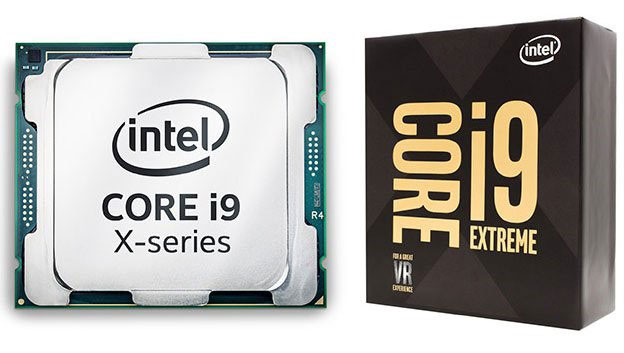You may have heard that a CPU with a lot of threads is competent to perform multiple processes that are very intensive. But, what are threads in CPU? In this post, MiniTool Partition Wizard explains the concept. Scroll down to figure it out.
CPU Threads
To better understand what threads are in a CPU, you need to have a basic understanding of what CPU is.
CPU (central processing unit) is the core of the computer that dictates the way the computer will perform and determines how well it completes the task.
How does CPU work in a computer? To put it simply, the CPU takes the data from an application or program, performs a series of calculations, and executes the commands.
Now, you can scroll down to learn about the threads in CPU.
What Are Threads in CPU?
CPU threads are the virtual components that divide the physical core of a CPU into virtual multiple cores. They help deliver the workload to the CPU more efficiently.
Generally, when you open an application, the operating system will create a thread for performing all the tasks of that specification application, and the CPU is fed tasks from the thread.
Further reading:
Intel and AMD are the main processor manufacturers. To create a thread, Intel CPUs adopt hyper-threading while AMD CPUs use SMT (simultaneous multithreading). They are both for breaking up physical cores into virtual cores (threads) to increase performance.
How Many Threads in A CPU?
More threads mean higher performance and more the ability to run many processes at once. What determines the CPU thread count? The number of cores in a CPU. Each CPU core can have two threads. Thus, a CPU with two cores will have four threads; a CPU with eight cores will have 16 threads.
CPUs are originally built with one core. To figure out how many CPU cores and threads you have, you can refer to How Many Cores Does Your CPU Have.
Which CPU Has the Most Threads?
The more threads a CPU has, the better performance of the system will be. I list several high-performance CPUs that have many threads for you:
- Intel Core i9-7960X has 16 cores and 32 threads. Featuring the clock speed from 2.80 GHz up to 4.20 GHz and 22MB cache, it is ideal if you look forward to high performance.
- Intel Core i9-7980XE has 18 cores and 36 threads. Its clock speed is up to 2.6GHz and the L3 cache is 24.75MB. The CPU becomes one of the fasted and most powerful processors on the market.
- AMD Ryzen Threadripper 1950x boasts 16 cores and 32 threads. As to the clock speed and L3 cache, they are 4.0Ghz and 32MB, which is superior to the above two Intel CPUs.

CPU Threads vs Cores
There is a lot of confusion going around CPU threads and cores. This part briefly touches on the differences between CPU threads and cores.
Firstly, CPU cores are the actual hardware component, while CPU threads are the virtual component for managing the tasks.
Secondly, CPU cores do all the heavy lifting, while CPU threads aim to help the CPU schedule its tasks more efficiently. If a CPU does not have hyper-threading or multithreading, the tasks will be scheduled less efficiently, causing it to work overtime to access the information that is relevant for running certain applications.
Bottom Line
Now, you should have a basic understanding of “what are threads in CPU”. If you want to run the games with playable frame rates, you should try a multithreaded or hyper-threaded CPU, which can also be capable of handling all of the encoding tasks that are related to recording and streaming.

User Comments :